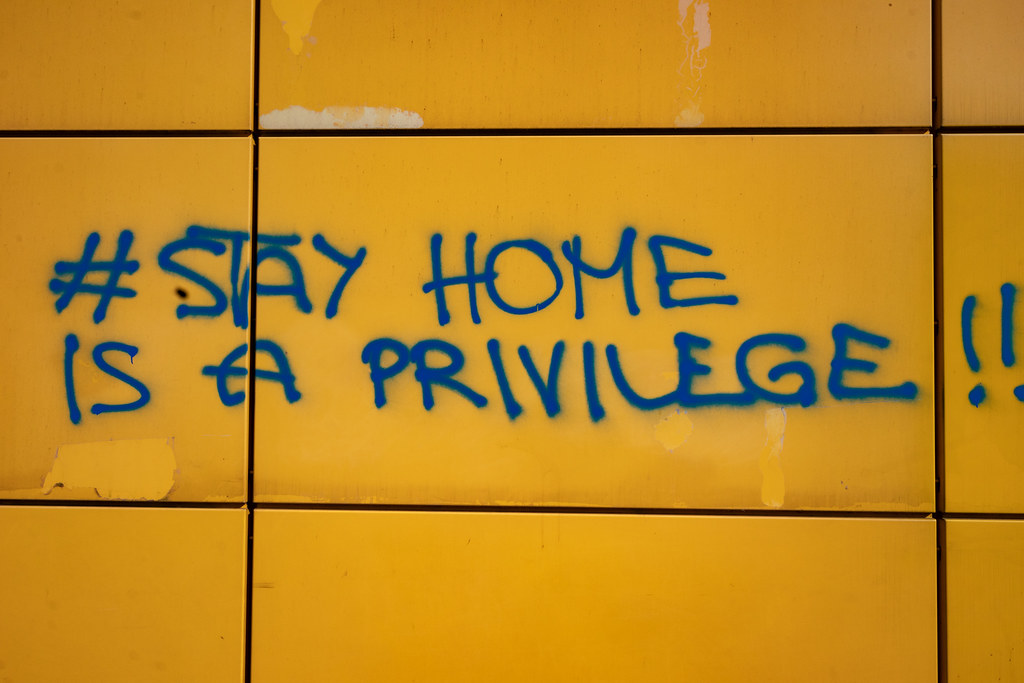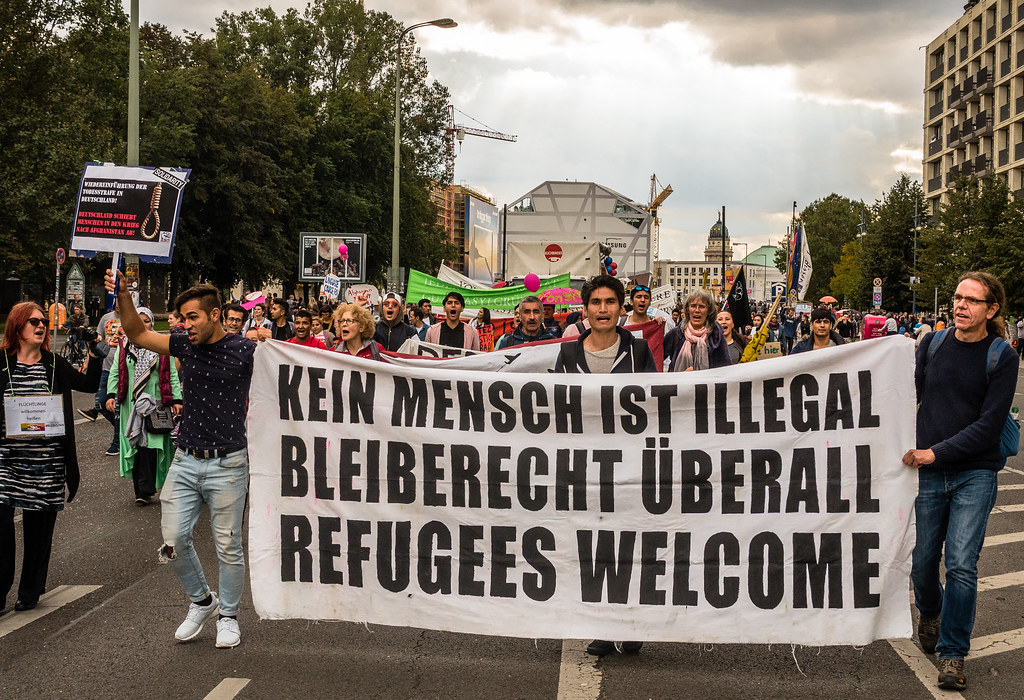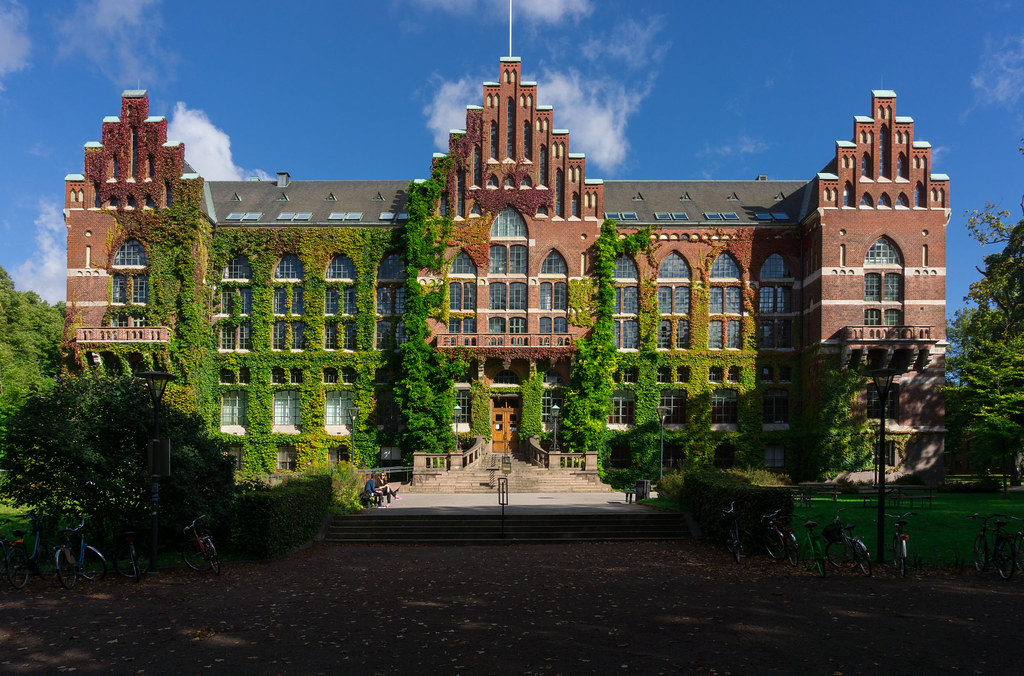
Guest Contributor
Dr. Simona Zavratnik, Sociologist, Faculty of Social Sciences, University of Ljubljana
#StayHome. A privilege not afforded to refugees and migrants on the route
How to maintain the physical distance of two meters or personal hygiene in a refugee camp made for 1,000 people but housing 7,000? What happens when you don’t have a home or your “home” is not compatible with the currently desired manner of living? How does the world we are living in look like if the principle #stayhome is extended beyond dominant society to marginalized social groups? And most importantly, what kinds of solidarity and help characterize the Corona crisis and whether they will be carried on beyond it? These are the issues to which a group of researchers and students devoted the blog #Ostanidoma: Migracije, Begunci in Covid-19 (#StayHome: Migrations, Refugees and Covid-19) – a platform for critical thoughts on social margins which primarily aims to draw attention to the vulnerability of people who cannot afford #lockdownbaking, #lockdownart or #lockdownfun because they simply do not have such an option. Apart from the local Slovenian perspective on those issues, we also analyse the issues of European borders and migrations in an attempt to encompass the global-local conglomeration of issues relating to vulnerable migrants on the route.
Continue reading


